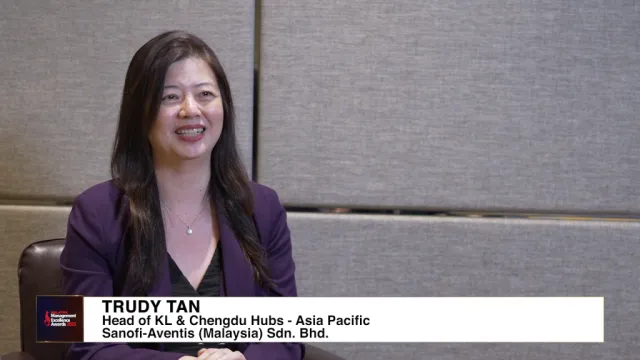
Which factors are driving young investors in Asia to prioritise ESG?
Young Asian investors are aligning with the region's growing push for sustainable investing, study shows.
Investors, particularly those aged 21 to 34, have prioritised environmental and social concerns when identifying a company’s capital allocation, a study by Amudi Singapore revealed.
The region has also seen an increase in efforts to address concerns on environmental and social issues globally, including adding responsible investment solutions to each country’s plans for development.
This direction has been driven by natural disasters including heat waves, droughts, and the recent pandemic. Climate change is also viewed as the most important risk factor in ESG that widely affects asset allocation and investment opportunities.
The study further revealed that engagement in ESG across Asia is primarily driven by regulatory requirements and an increase in demand for responsible investing.
Regulatory Push
Whilst there exist different regulations across regions, there is an overall trend for both voluntary and compliance for responsible investing.
Singapore, Hong Kong, and Malaysia have already released regulations aligned with the Task Force on Climate-related Financial Disclosures.
Meanwhile, sustainability reporting and stewardship codes were already issues in Taiwan and Japan.
For China, Guidelines on Environmental Information Disclosure for Financial Institutions are already in place. Consultations with the Securities and Exchange Board of India on ESG regulations are also ongoing.
Increased demand for responsible investing
Asian countries have all seen growing attention to sustainable initiatives and ESG efforts.
China announced its 30-60 carbon target, where it commits to hit peak emissions by 2023 and carbon neutrality by 2060. This is simultaneous with the China Banking and Insurance Regulatory Commission formulating ESG investing guidelines, and the National Development and Reform Committee crafting policies to aid investors in researching and making responsible investment decisions.
Hong Kong commits to reaching net zero by 2050, an effort backed by the Securities and Futures Commission of Hong Kong’s climate-related risk requirements. This mandates finance executives to factor in climate-related risks in their governance and investments.
In February 2022, Taiwan recently dedicated a section for ESG to its Taiwan Depository & Clearing Corporation’s Fund. This aims to promote responsible investment by providing relevant information about ESG funds.
Singapore Green Plan 2030 was launched to reach a low-carbon economy through its national roadmap. The country also aims to achieve net zero by 2050 to achieve one of its national climate targets.
In 2023, climate-related investments are expected to continue dominating product development. This will push investors to pay more attention to responsible investing in Asia, consequently putting more weight on ESG regulations in the region.

















 Advertise
Advertise










